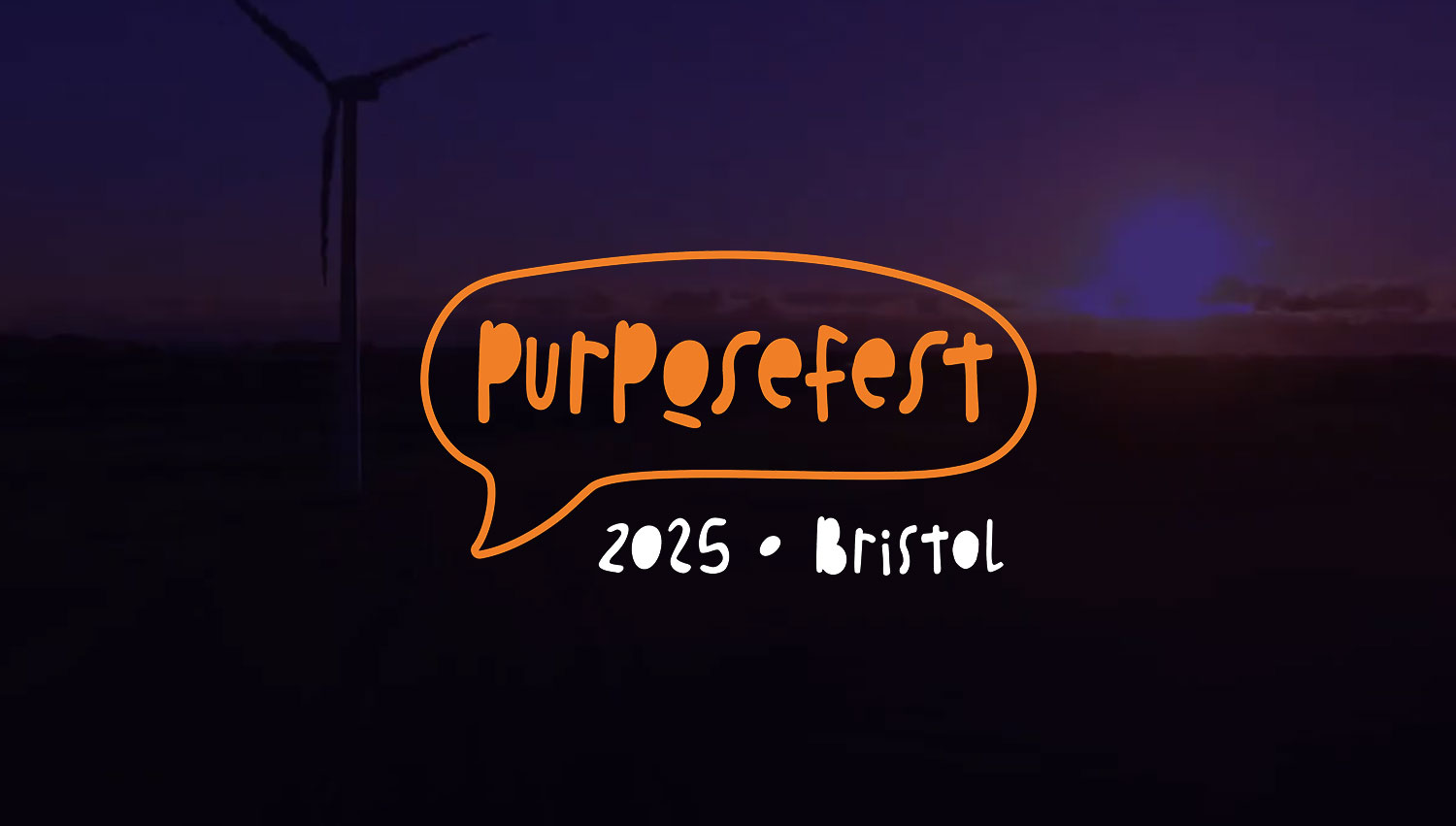
Live event cultural mapping with purpose
How can we deepen our understanding of diverse communities and foster meaningful impact while staying committed to doing Business on Purpose? We’re proud to partner with Business on Purpose on their annual event, PurposeFest, to culturally map and explore the unique makeup of its attendees.
“Accessing decent data is critical to informing intelligent insights. Diversity Atlas provided a simple way to survey our PurposeFest attendees and delivered some brilliant insights that will help shape how we keep improving our events and services. With the upcoming changes to B Corp certification standards, a tool like this will be a huge asset to any organisation.“
Andy Hawkins
C-3PO (Chief People Planet & Purpose Officer) & B Leader, Business On Purpose
The B Corp Community: A global and UK perspective
As of March 2025, it is reported that there are approximately 9,576 certified B Corporations worldwide. Over the past few years, this network has expanded significantly, bringing together businesses committed to balancing profit with purpose.
The United Kingdom has emerged as a powerhouse within this movement. By April 2024, the UK had over 2,000 certified B Corps—doubling in just 18 months—making it one of the largest and fastest-growing B Corp communities globally. Nearly a quarter of all B Corps worldwide are based here, highlighting the nation’s dedication to sustainability, diversity, and inclusivity.
What we learned about PurposeFest attendees
The Diversity Atlas cultural mapping initiative has provided valuable insights into the attendees of PurposeFest. The attendees represented a dynamic blend of professional expertise, cultural backgrounds, and shared dedication to purpose-driven initiatives.
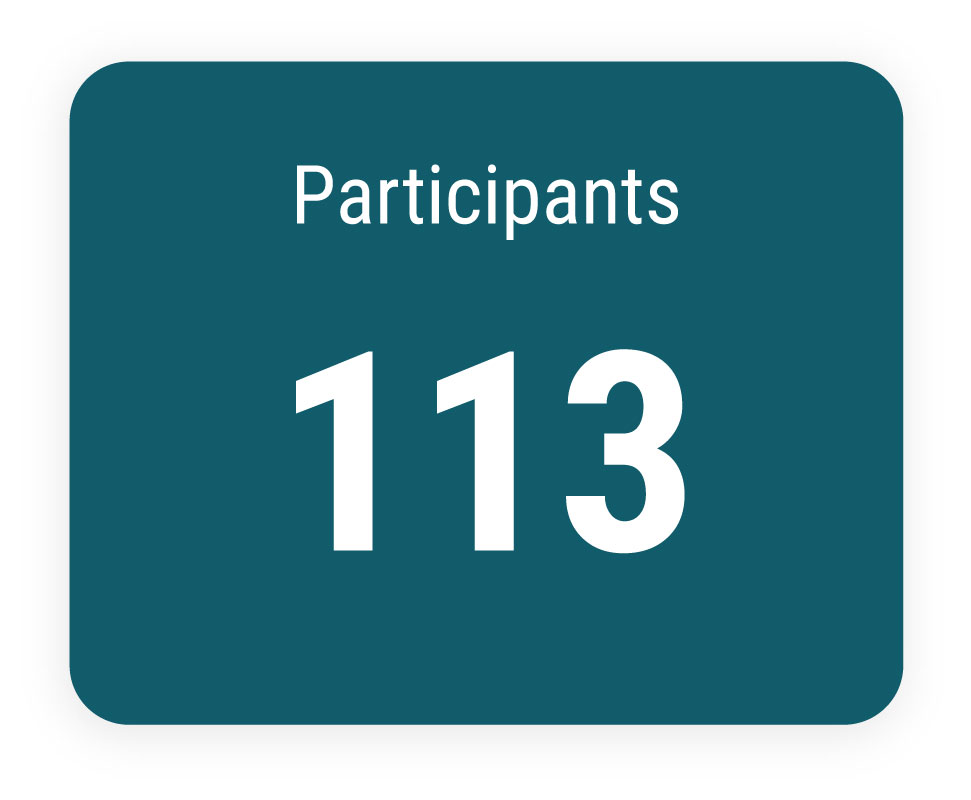
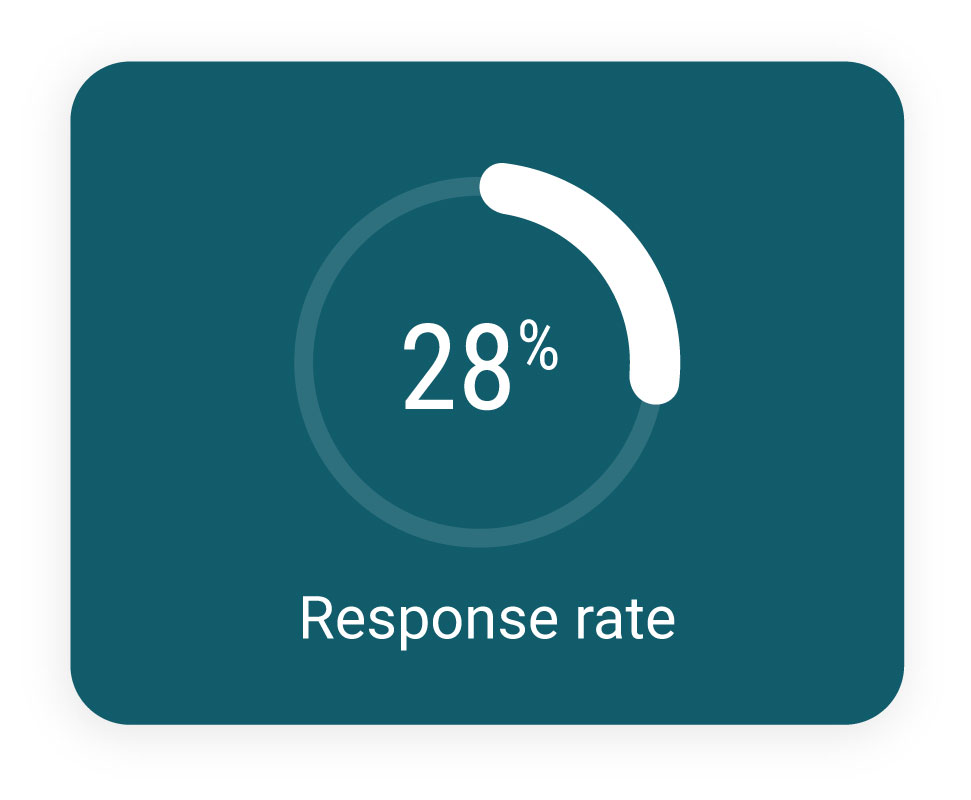
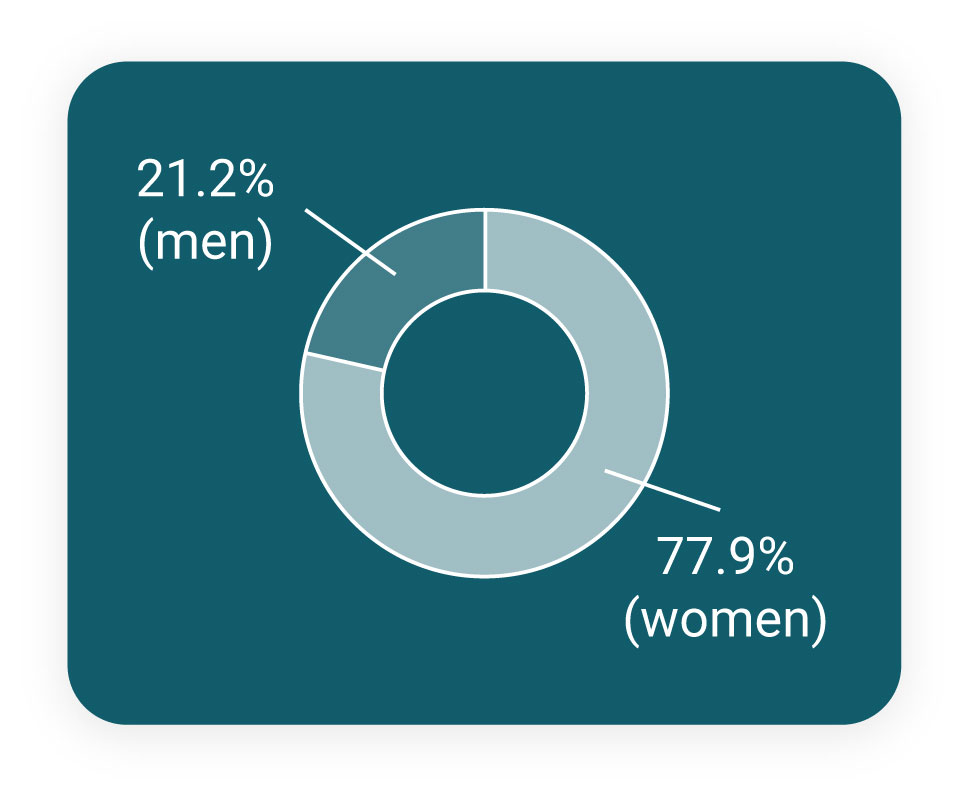
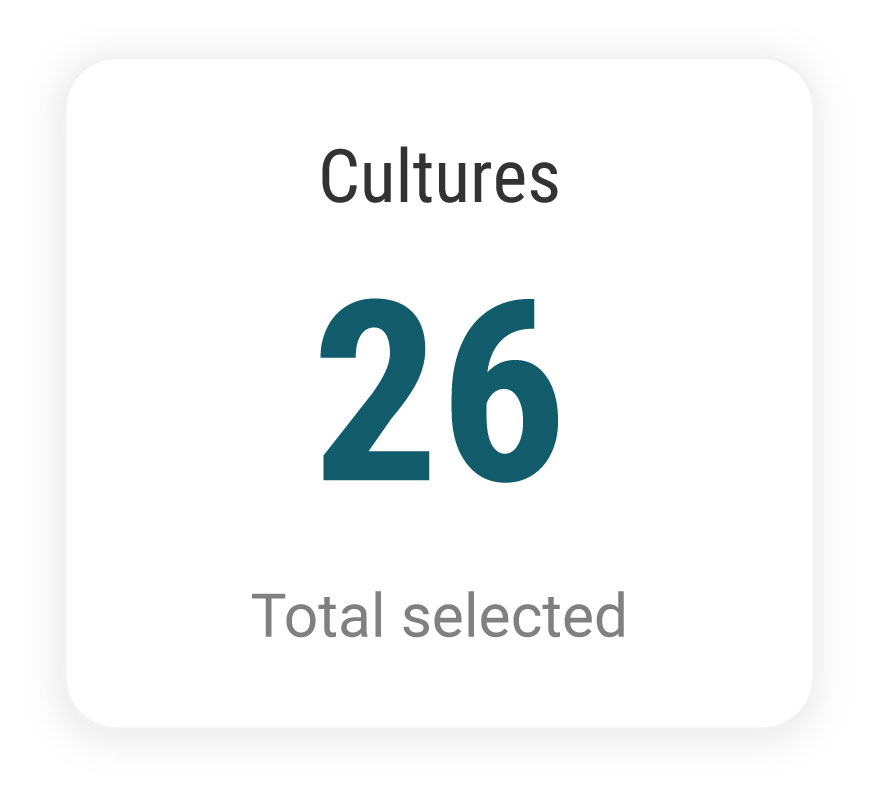
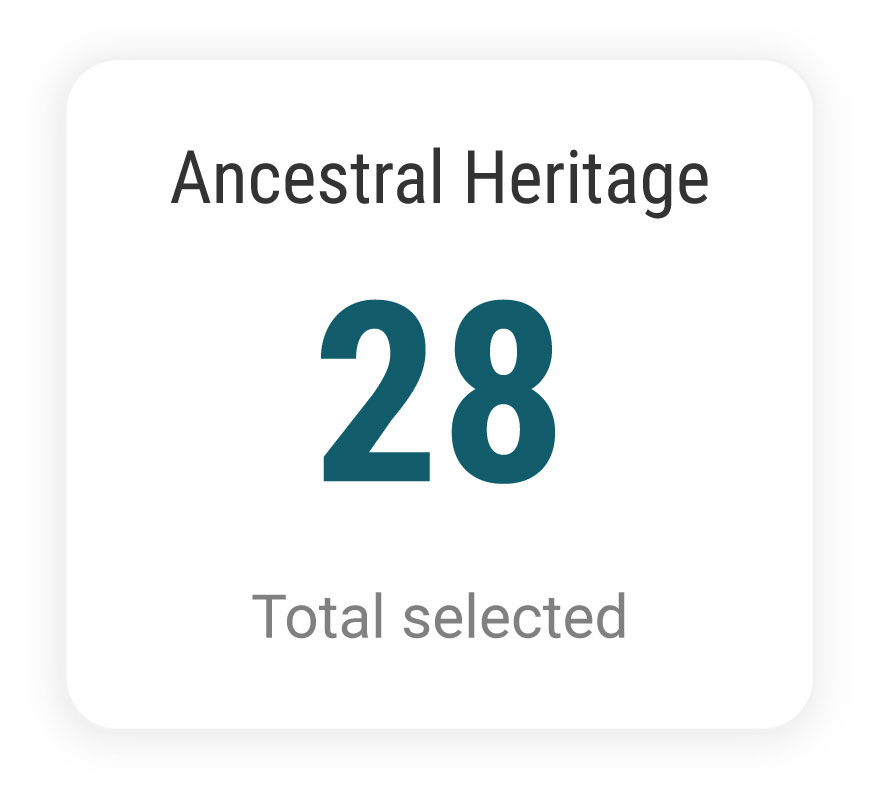
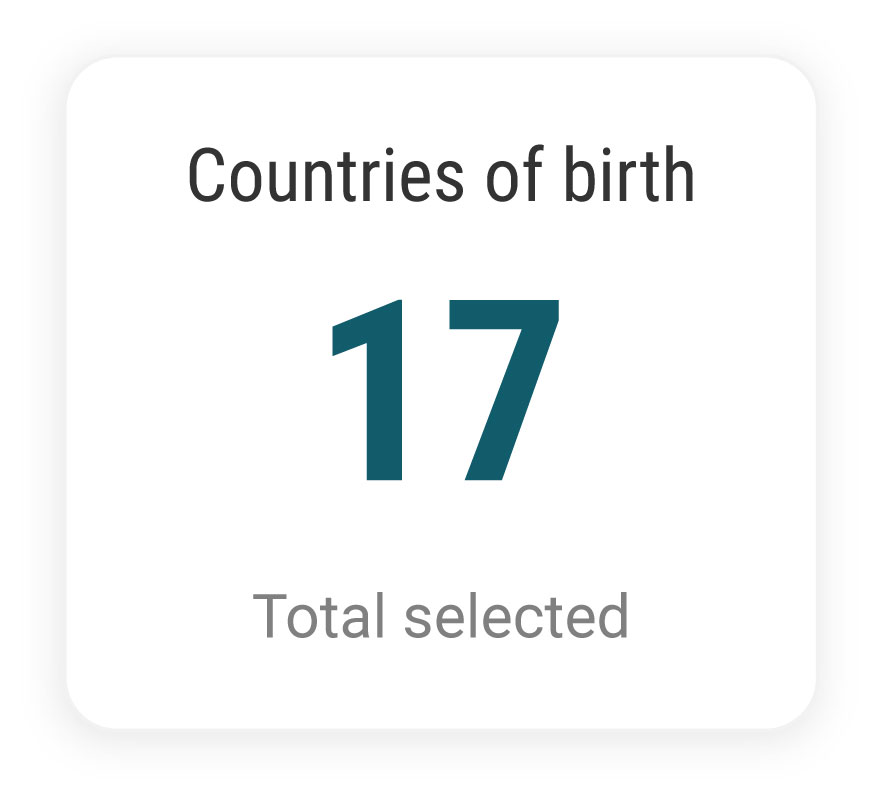
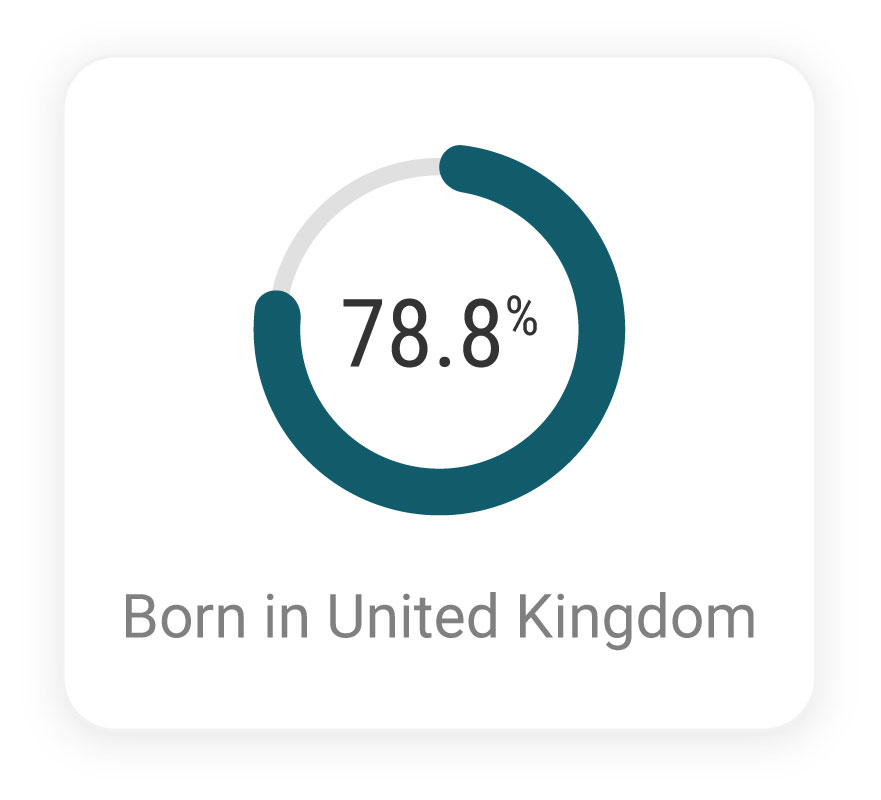
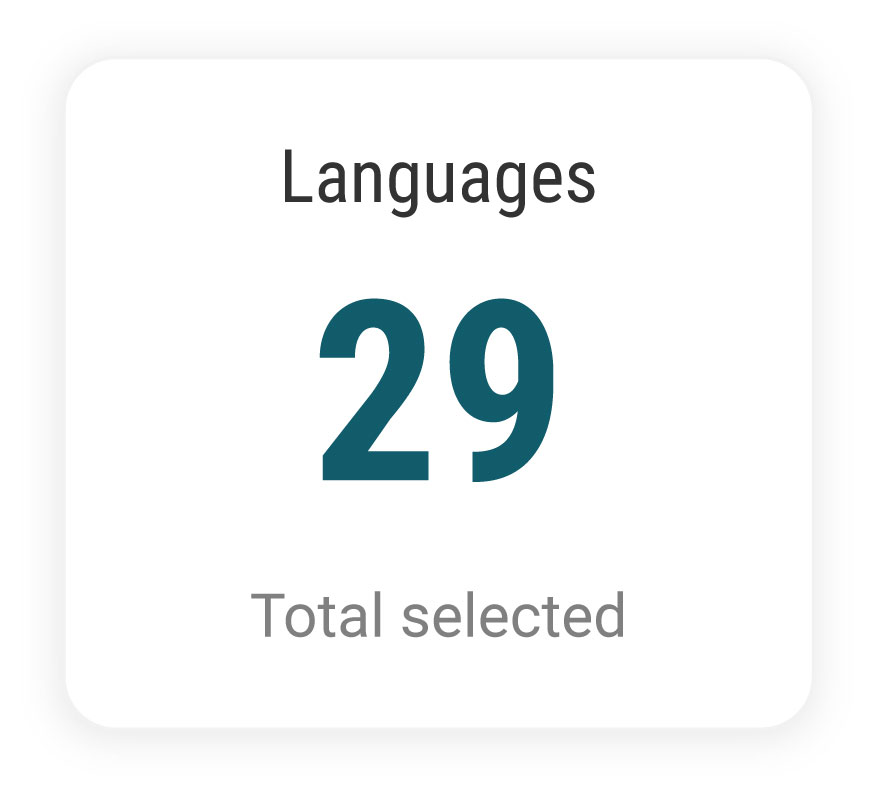
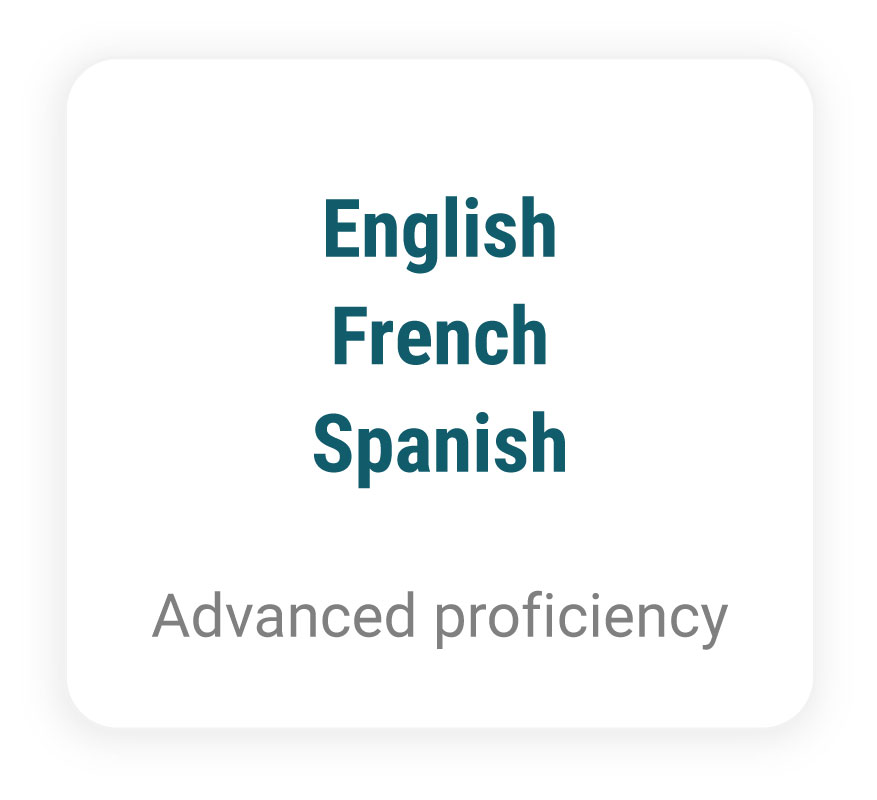
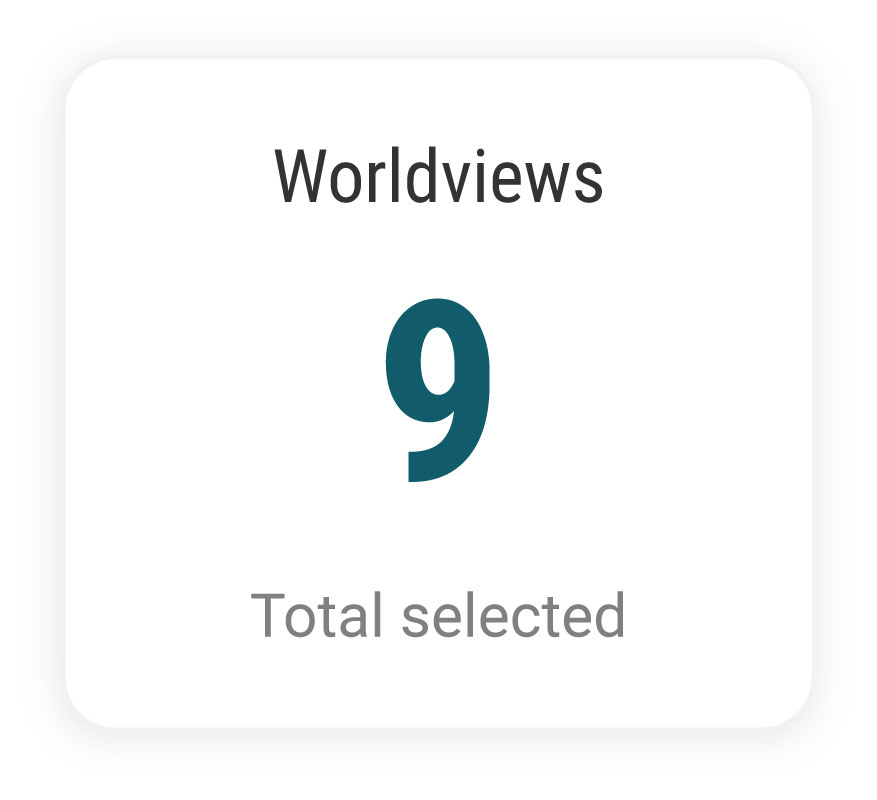
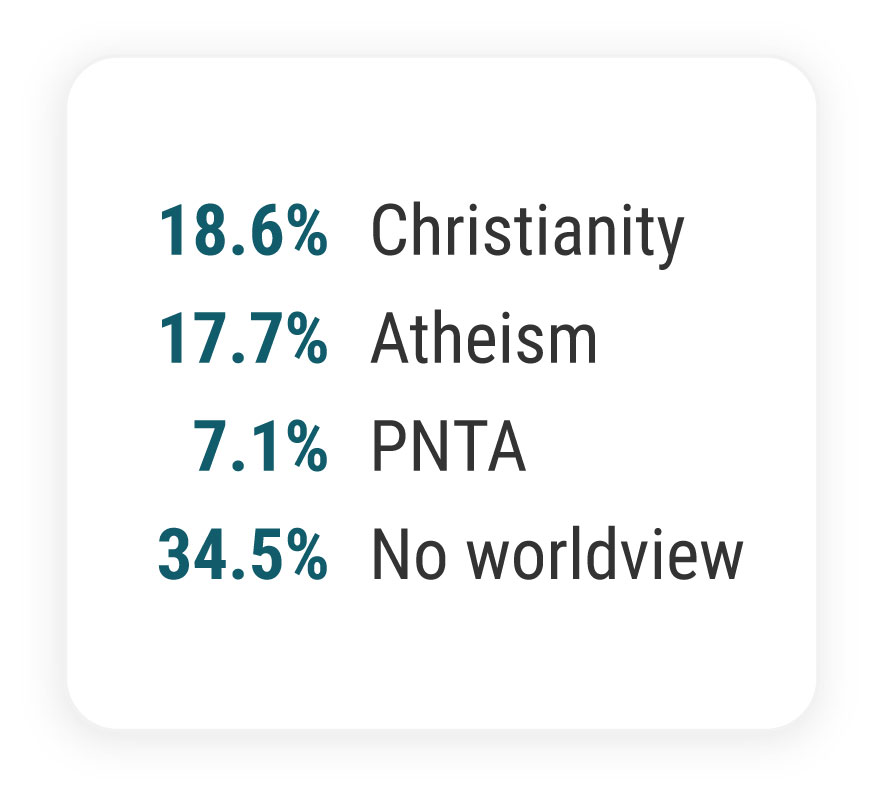
Identity priorities
| Interest / Hobbies | 39.8% |
| Gender | 22.1% |
| Politics | 16.8% |
| Education | 11.5% |
| Country of birth | 10.6% |
PNTA (Prefer not to answer) rate
| Long Term Conditions | 1.1% |
| Disability | 0.9% |
| Gender | 0% |
| Sexuality | 1.9% |
| Religion / Worldview | 7.1% |
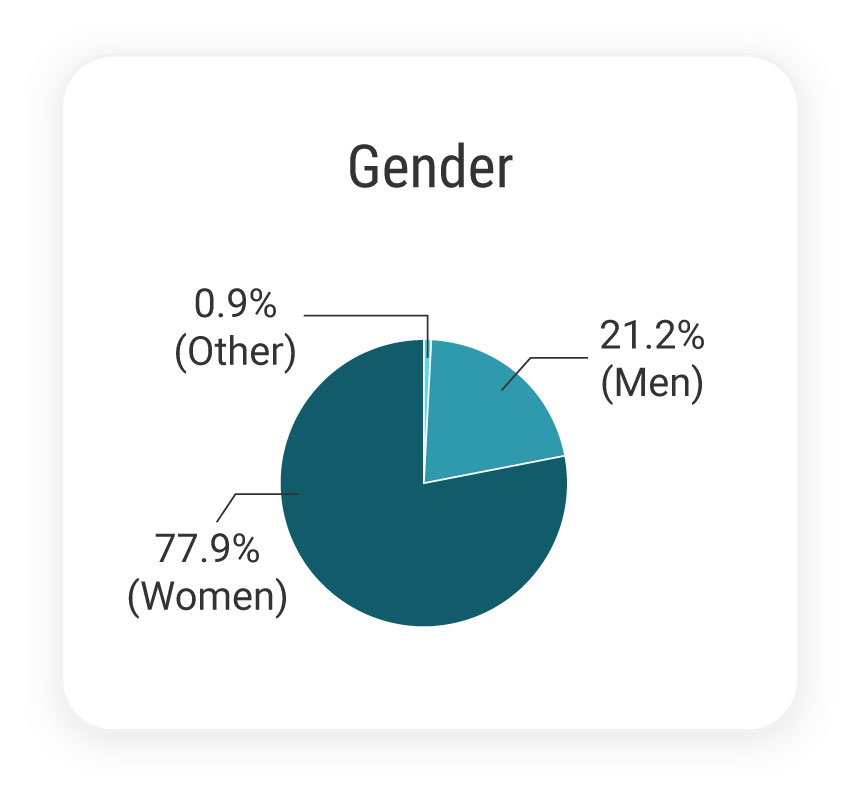
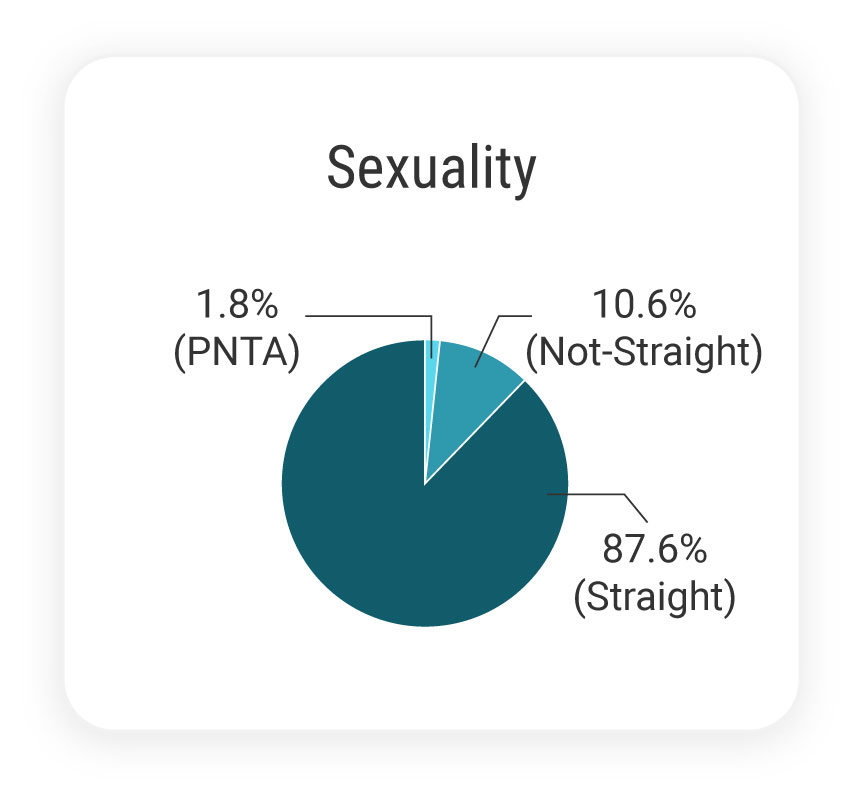
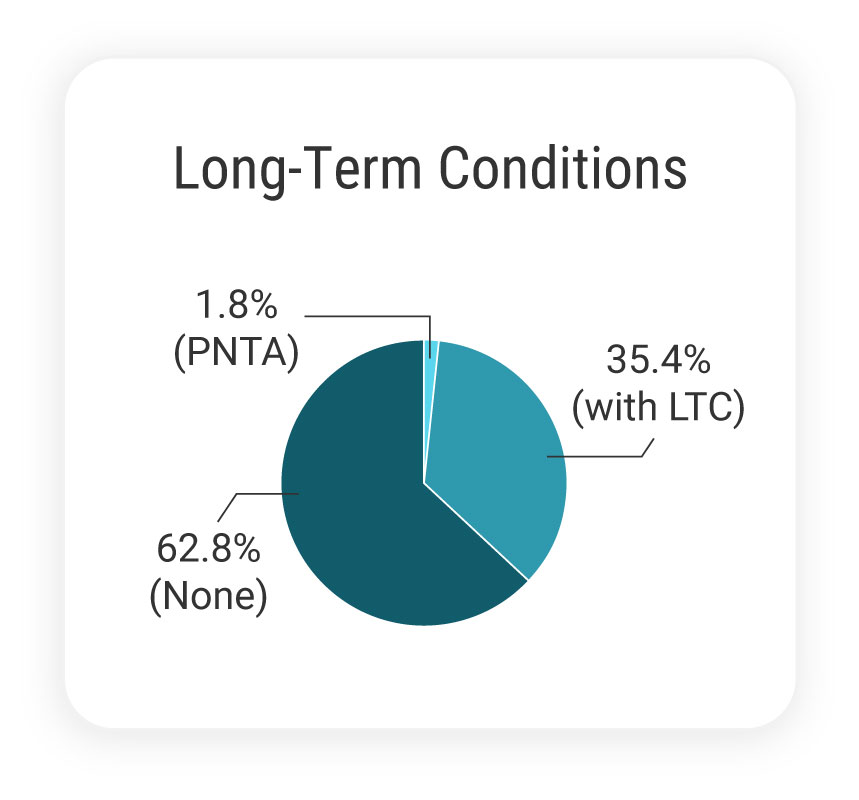
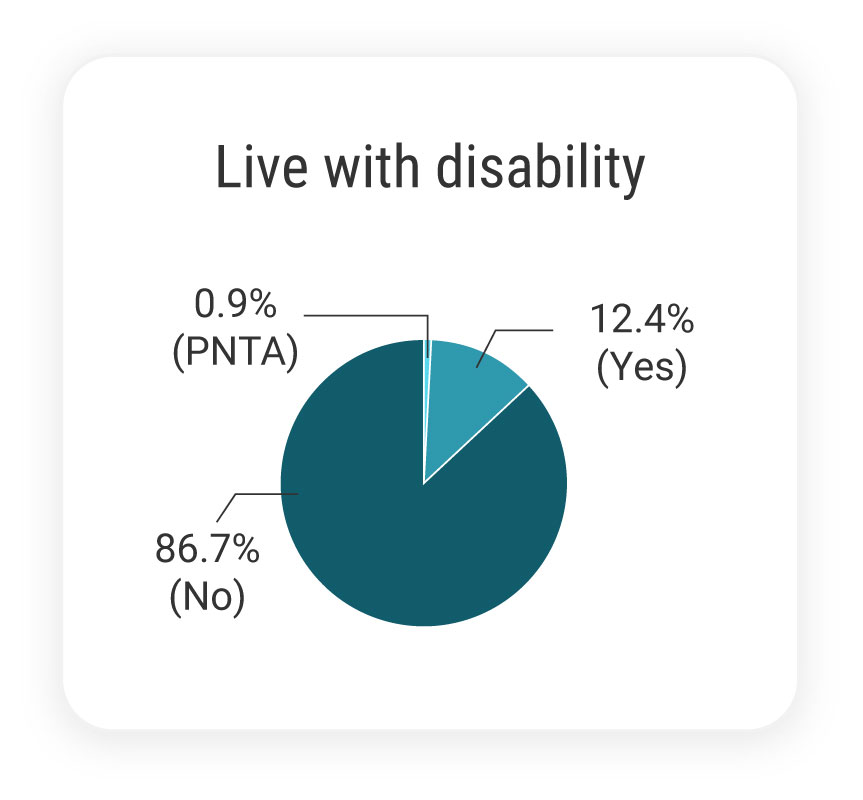
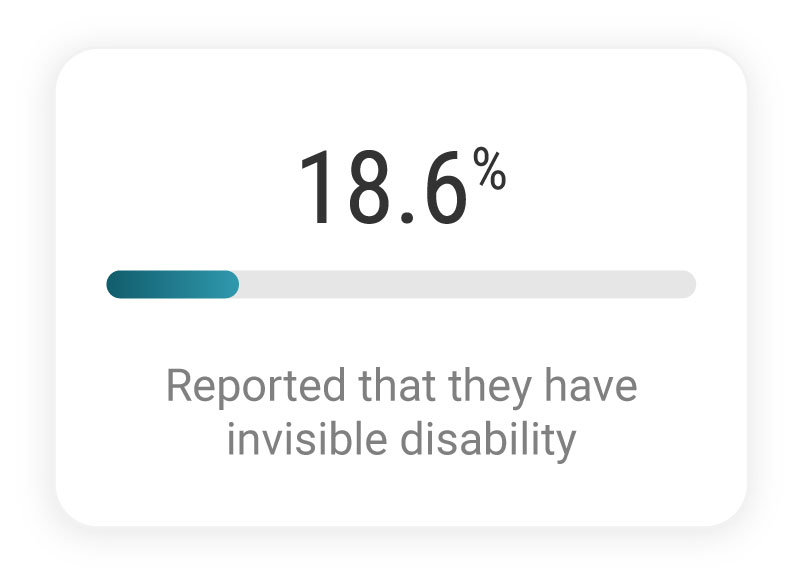
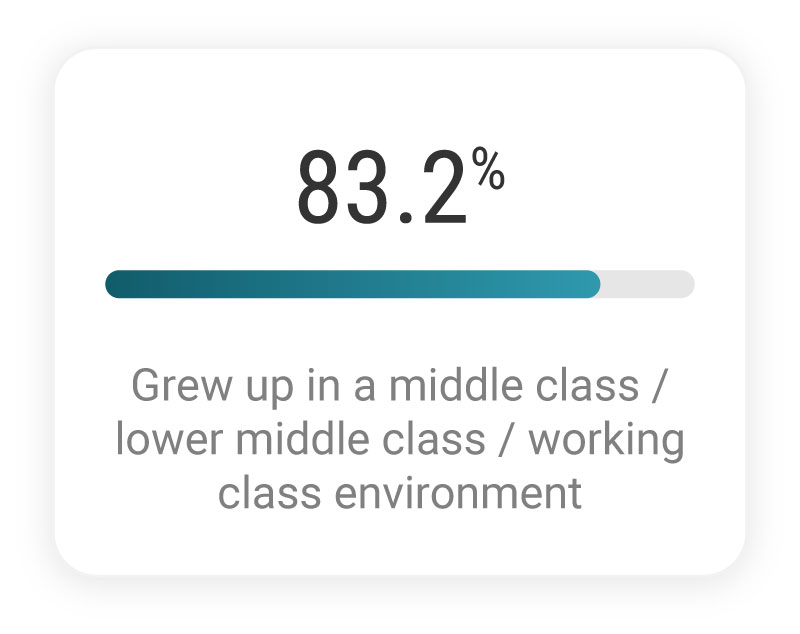
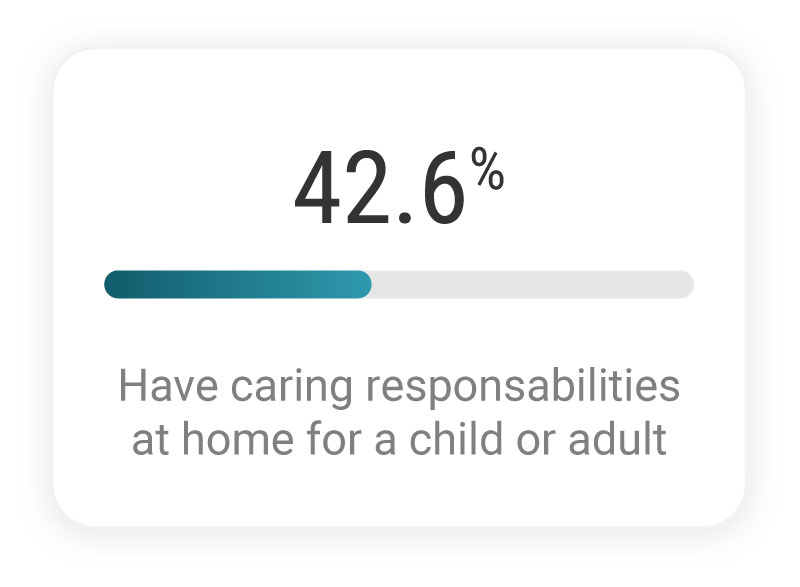
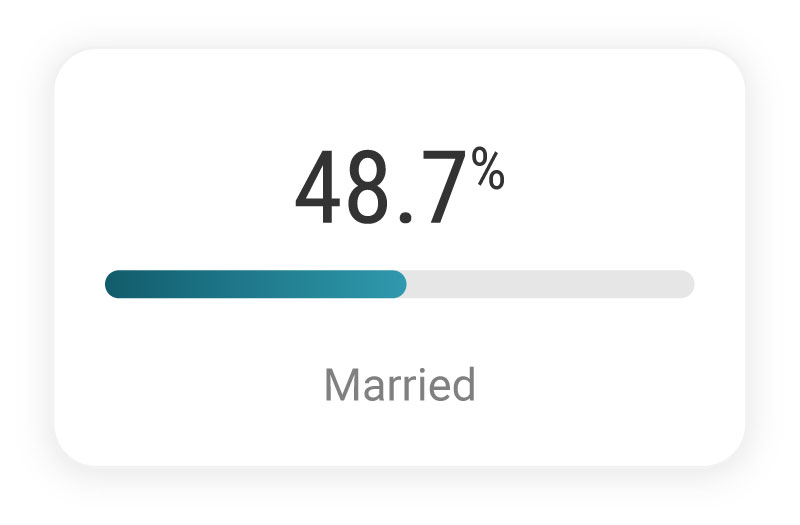
Lightning Quick Observations:
From just 113 participants we saw 28 ancestral cultures, 17 countries of birth, 9 worldviews / religions / branches, 29 languages / dialects. We often say that we reveal ‘hidden diversity’ and this was no exception.
Which cultures did the cohort belong to?
British (58.9%), English (8.9%), European (8%), Chinese (2.7%), French (2.7%)
One or two participants chose one or more of the following: American, Anglo-Australian, Anglo New Zealander, Australian, Colombian, Cornish, Dutch, German, Greek Cypriot, Half Indian, Hindi, Hindi Hindustani, Hindustani, Irish, Jewish, Mexican, Peruvian, Slavic, Tamil, Turkish Cypriot and Welsh.
- The women overall chose gender as their second most important identity priority, while not one man selected it. This tracks globally with our customers.
- 87.6% identified as heterosexual, 10.6% as not heterosexual, with just 1.8% preferring not to answer. Any ‘prefer not to answer’ rate under 10% is a good result.
- 42 people (35.4% of total participants) reported having long-term conditions (with neurodivergence and medical condition the most common). 14 people (12.4%) reported a disability, with 0.9% choosing not to answer this question.
There’s a lot more! Download the whole event report.
Bristol: A city of diversity and vibrance
PurposeFest takes place in the lively city of Bristol, which offers a fascinating demographic landscape. With a population of approximately half a million people, Bristol showcases a unique and balanced blend of diversity, offering a vibrant cultural landscape distinct from other UK cities like London or Manchester.
- Ethnicity: 81.1% of the population identifies as White, with 71.6% identifying as White British. Asian or Asian British residents make up 6.6%, Black or Black British residents account for 5.9%, and 4.5% identify as Mixed or from Multiple Ethnic Groups.
- Languages and Cultures: Bristol is home to over 287 ethnic groups, with its residents hailing from more than 185 countries and speaking over 90 languages.
- Diverse Faiths: At least 45 religions are practiced across the city, showcasing its rich cultural tapestry.
Through cultural mapping initiatives at such events, we have emphasized the importance of gaining a deeper understanding of the individuals and communities we strive to support. By blending data-driven insights with meaningful collaboration, we aim to contribute to a more inclusive and empowered business ecosystem.
Would you like to learn more? Explore the findings further on our website or book a demo with our team today by contacting [email protected]
About Diversity Atlas
Diversity Atlas is an Australian company with a global customer base and is the world’s leading diversity analytics platform. On behalf of events and organisations, they anonymously gather data that has been previously unobtainable and intersect that data against experience, sentiment and anything else.
Methodology
Diversity is just ‘difference’. Everybody is different, and when two people come together there is already diversity. The measurement of this diversity has been traditionally analytically neglected, and so Diversity Atlas provides a fresh and nuanced understanding of people-data, backed by data science, anthropology and advocacy.
We examine and report on diversity data in five headline ways:
- Variety – is there variety of culture and demographics, or is everyone the same?
- Balance – you may have variety, but are cultural and demographics groups locked into silos? How even is the spread of cultural difference across hierarchy, age and gender?
- Disparity – Imagine two people; one speaks French and the other English. That’s diversity. But now imagine another two people; one speaks English and the other Japanese. These second two people are more diverse ethno-linguistically and probably ethno-culturally.
- Mutuality – How well does the cohort represent and reflect their own community – their customers, their city, their country?
- Intersection – How does demographics and culture intersect; from gender to religion to disability to country of birth, and how do these results intersect against sentiment?
And how do customers mainly use our data?
- To inform HR strategies, particularly in and around talent attraction and retention
- To reveal and celebrate their diversity profile
- To provide an inclusive experience for their staff
- To enable internal and external reporting (including ESG)
For more information please contact [email protected] or visit our website at www.diversityatas.io
